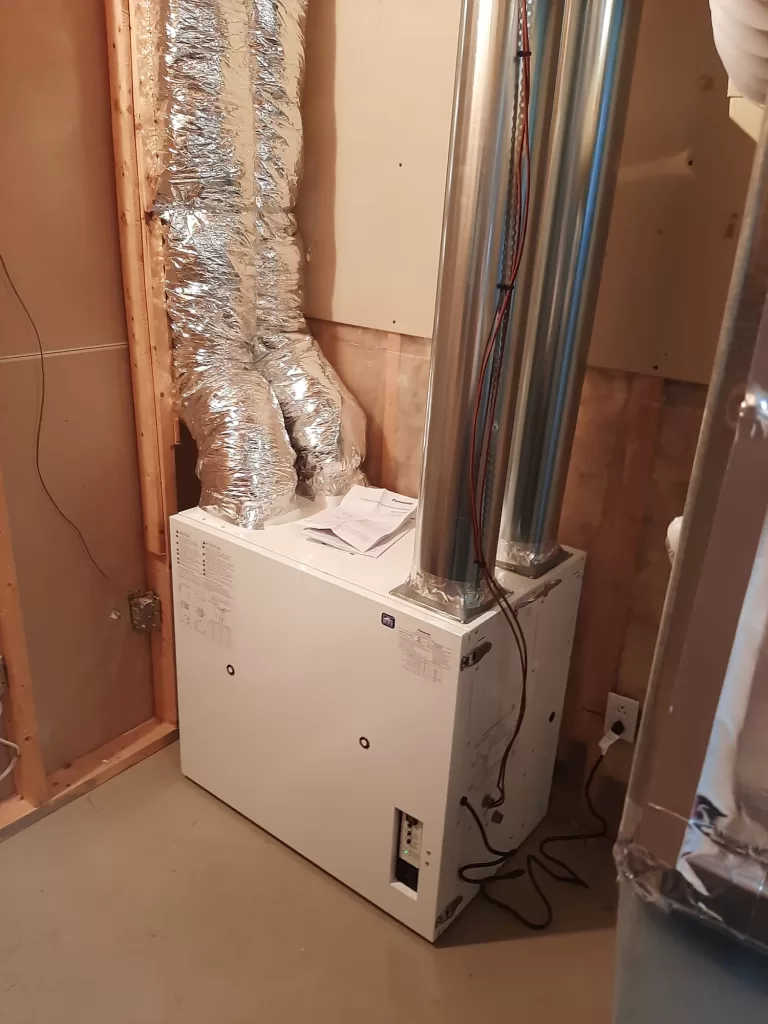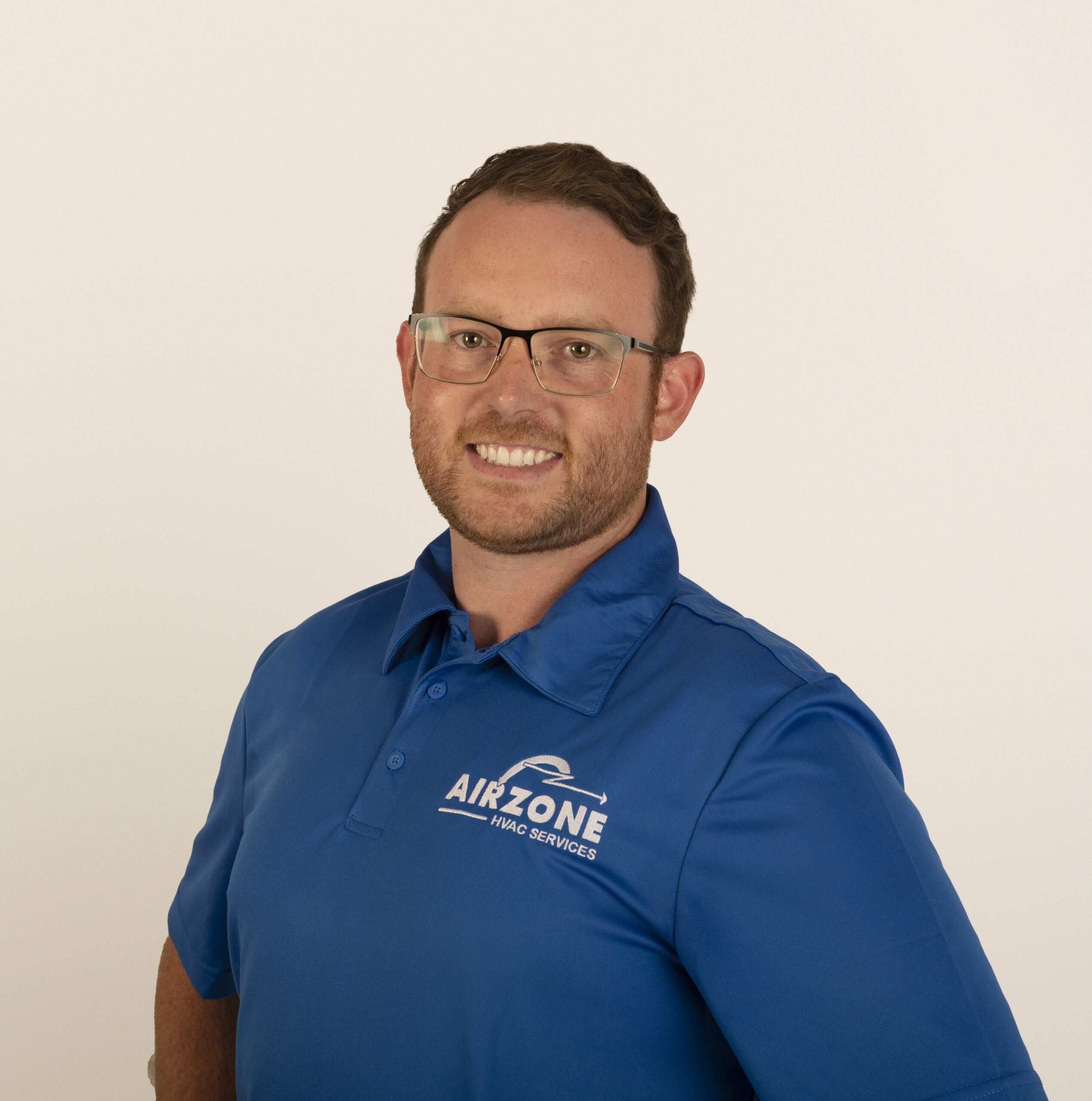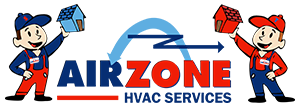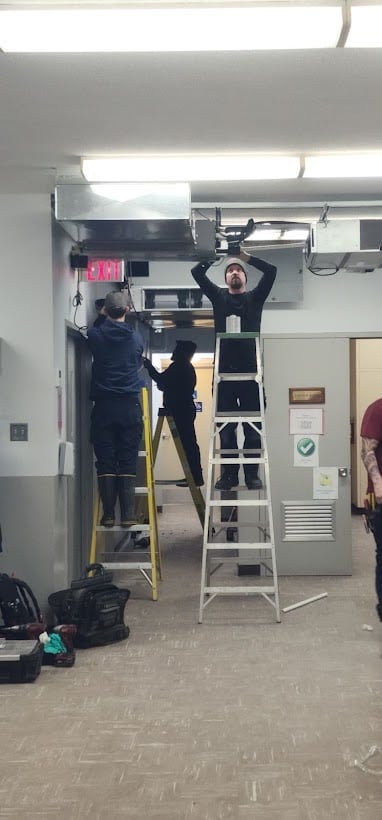Looking to improve your home’s indoor air quality? Proper Ottawa ventilation systems is the key to maintaining a comfortable, healthy living space—especially in Ottawa, where temperature swings can be extreme. In this comprehensive guide, we’ll explore why ventilation matters, the differences between HRVs and ERVs, and how you can determine the best solution for your home. Whether you’re searching for an affordable option, an expert installer, or long-term support, AirZone HVAC Services Ottawa is here to help.
Ottawa Ventilation Systems: The Foundation of Indoor Air Quality
The Basics of Ventilation
Ventilation involves exchanging stale indoor air with fresh outdoor air. As homes in Ottawa become more energy-efficient, they’re often sealed tighter to prevent heat loss, inadvertently trapping pollutants and moisture indoors. Over time, poor air circulation leads to:
- Increased humidity (leading to mold or mildew problems)
- Higher concentrations of allergens (like dust and dander)
- Potential buildup of carbon dioxide and volatile organic compounds (VOCs)
By installing a proper ventilation system, homeowners can reduce airborne contaminants, regulate humidity levels, and maintain a healthier indoor environment year-round.

Benefits of Good Ventilation
- Better Health: Adequate fresh air exchange helps decrease respiratory irritants.
- Moisture Control: Balanced humidity levels reduce the risk of mold growth.
- Odor Reduction: Proper ventilation removes stale or musty smells, improving overall comfort.
- Extended HVAC Efficiency: Systems don’t have to work as hard when indoor air is properly circulated, potentially lowering energy costs.
Ready to breathe easier? Contact AirZone HVAC Services Ottawa to learn about our ventilation solutions or schedule a consultation today.
Ottawa Ventilation Systems: ERV vs. HRV
What Is an HRV?
A Heat Recovery Ventilator (HRV) brings fresh air into your home while expelling stale air. During colder months, an HRV transfers heat from the outgoing air to the incoming cold air, reducing energy loss. In the summer, it does the reverse, helping keep indoor air cooler.
- Ideal For: Dry winters, where controlling heat loss is a priority.
- Key Benefit: Efficient heat transfer, helping you save on utility bills.
- Potential Drawback: HRVs only manage heat, not moisture.
What Is an ERV?
An Energy Recovery Ventilator (ERV) works similarly to an HRV but also transfers some humidity from the more humid air stream to the drier side, maintaining better indoor moisture balance.
- Ideal For: Homes dealing with both temperature and humidity concerns (like Ottawa’s humid summers and dry winters).
- Key Benefit: Balances heat and moisture, maintaining a more stable indoor environment.
- Potential Drawback: May need more defrost cycles in winter, may not remove as much humidity as an HRV in the winter.
Popular ERV choices for Ottawa from Panasonic
Not sure which system is right for you? Get in touch with us for an expert recommendation tailored to your Ottawa home.
| Feature | HRV (Heat Recovery Ventilator) | ERV (Energy Recovery Ventilator) |
|---|---|---|
| Primary Function | Exchanges indoor air with outdoor air while transferring heat to reduce energy loss | Exchanges indoor air with outdoor air, transferring both heat and moisture for optimal comfort |
| Humidity Control | Limited — primarily regulates temperature | Moderate — helps maintain balanced indoor humidity levels |
| Ideal Climate | Best for cold, dry winters (like Ottawa’s) to prevent excessive heat loss | Effective in areas with seasonal humidity swings (also suitable for Ottawa’s climate) |
| Energy Efficiency | Highly efficient for temperature exchange | Efficient for both temperature and humidity exchange |
| Maintenance | Typically requires regular filter checks and occasional system cleaning | Similar maintenance needs, but can offer enhanced moisture management |
| Cost Range | $2,000–$4,500 (entry-level to advanced) | $2,500–$5,500 (entry-level to advanced) |
| Who Should Consider It | Homeowners focusing on heat retention in winter and lower operational costs | Homeowners looking for better year-round humidity management and comfort |
| Advantages | – Reduces heating costs during winter – Simple, effective design | – Balances humidity – More versatile across different seasons |
| Potential Drawbacks | – Doesn’t address humidity as effectively – Less beneficial in very humid summers | – Typically higher initial cost – May not be necessary for homes without humidity issues |
| Key Takeaway | Ideal for colder climates and cost-conscious homeowners prioritizing heat retention | Perfect for those seeking a balance of humidity control and temperature management all year round |
Ottawa Ventilation Systems: Who Needs an HRV in Ottawa?
Older Homes with Excess Humidity: HRVs are a great choice for classic Ottawa homes that may experience less humidity control. Budget-Conscious Homeowners: If you’re primarily concerned with efficient heat transfer rather than humidity control, an HRV can be a cost-effective solution. Tight Building Envelopes: Modern or recently renovated homes with excellent insulation benefit from an HRV to maintain fresh air without wasting energy.
Ottawa Ventilation Systems: Who Needs an ERV in Ottawa?
- Homes Requiring Humidity Control: If your home struggles with dryness in winter and excessive humidity in summer, an ERV helps stabilize year-round moisture levels.
- Allergy Sufferers: By balancing humidity, ERVs can be more effective in mitigating mold growth and other allergens.
- Year-Round Comfort Seekers: Ottawa’s climate varies significantly between seasons. An ERV’s ability to manage both heat and moisture makes it a more versatile choice.
Looking to find the perfect balance between comfort and efficiency? Book a consultation to see if an ERV is the best option for your needs.
Ottawa Ventilation Systems: Cost in Ottawa 2025
Factors That Affect Cost
- Home Size and Layout: Bigger homes or complex ductwork can increase installation time and material costs.
- Customization: Certain homes may require additional duct modifications or advanced controls to integrate with existing HVAC systems.
- Brand and Efficiency: Premium brands often include features like self-balancing technology, which can raise the initial investment but lead to greater long-term savings.
Interested in a personalized quote for 2025? Request an estimate and let our experienced team tailor a ventilation solution that fits your budget and comfort goals.

HRV/ERV Cost Ottawa: 2025
- HRV Units:
- Entry-Level: $2,000–$3,000 (including basic installation)
- High-Efficiency Models: $3,000–$4,500 (with advanced features like ECM motors)
- ERV Units:
- Entry-Level: $2,500–$3,500 (including basic installation)
- High-Efficiency Models: $4,000–$6,500 (offering enhanced humidity control and more robust features)
Ottawa Ventilation Systems: Why AirZone for Your Ventilation?
- Local Expertise: We understand Ottawa’s climate inside and out, recommending solutions that tackle both cold winters and humid summers effectively.
- Certified Professionals: Our knowledgeable technicians are trained to install and maintain HRV and ERV systems precisely, ensuring optimal performance.
- Transparent Pricing: We provide upfront, honest quotes, so you’ll never encounter hidden fees.
- Unmatched Customer Service: At AirZone HVAC Services Ottawa, we take pride in being responsive, reliable, and ready to help you achieve the best indoor air quality possible.
- Customized Solutions: Every home is different—our team carefully assesses your layout, insulation, and budget to create a ventilation strategy tailored just for you.
Ready to invest in better air quality? Contact AirZone HVAC Services Ottawa to explore your options, schedule an installation, or simply learn more about how HRVs and ERVs can transform your indoor environment.


